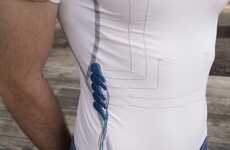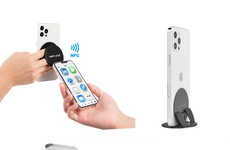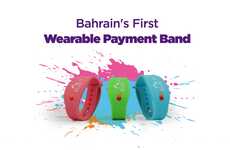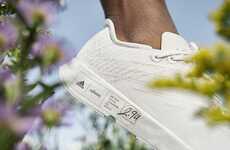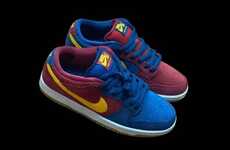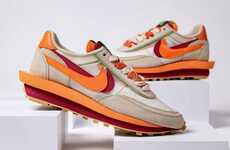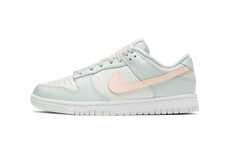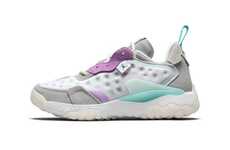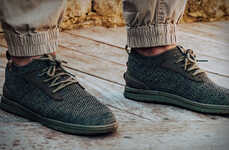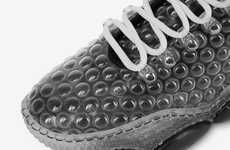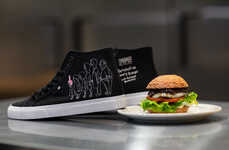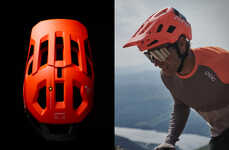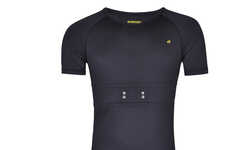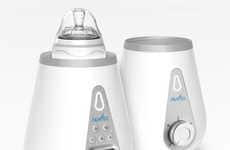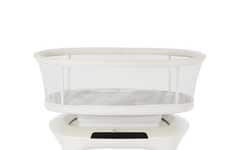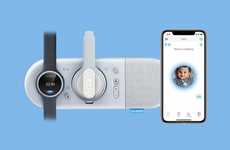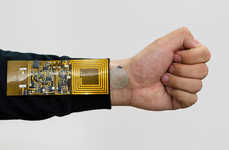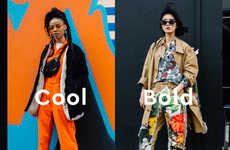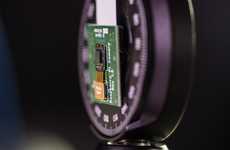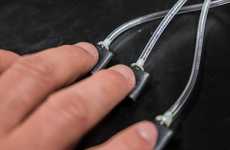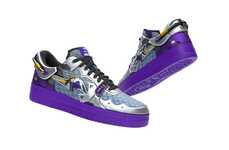



Smart connected clothing keeps consumers informed about their day-to-day
Trend - Smart, connected clothing options are becoming increasingly common as consumers look for more convenient ways to track everything from their personal biometrics to the physical movements of their babies.
Insight - Personal tracking exists in everything from the fitness space to how much time consumers spend on social media, and consumers are increasingly likely to use various metrics to figure out how they live their lives, and what changes they can make accordingly. Brands that make this process more convenient for them are highly appealing to these consumers.
Insight - Personal tracking exists in everything from the fitness space to how much time consumers spend on social media, and consumers are increasingly likely to use various metrics to figure out how they live their lives, and what changes they can make accordingly. Brands that make this process more convenient for them are highly appealing to these consumers.
Workshop Question - How could your brand prioritize convenience for its customers?
Trend Themes
1. Rise of Smart Clothing - The trend of smart connected clothing that provide various convenient metrics for tracking and monitoring biometrics is on the rise. Businesses can tap on this trend to provide more options for consumers to help them figure out how they live their lives
2. Wearable Technology - The emergence of wearable technology such as smart clothing and limited-edition digital sneakers offers businesses opportunities to explore new revenue streams and engage with customers in the digital marketplace.
3. NFC Technology in Clothing - The use of NFC technology in clothing is slowly gaining traction and presents an opportunity for businesses to use it as a tool to enable tracking the lifecycle of individual garments and keeping connectivity with customers after making a sale.
Industry Implications
1. Health and Fitness - The application of flexible smart shirts made of carbon nanotube fibers that cancel out the need for other wearable devices can transform the health and fitness industry by using these shirts to record a user's vitals and provide valuable insights for the purposes of health and training.
2. Fashion - Wearable technology such as smart connected clothing and limited-edition digital sneakers offer the fashion industry opportunities to explore new revenue streams and engage with customers in the digital marketplace.
3. Manufacturing - NFC technology in clothing can be used to track the lifecycle of garments through a cloud-based digital profile, providing manufacturers with opportunities to enhance their production process.
